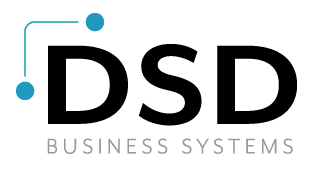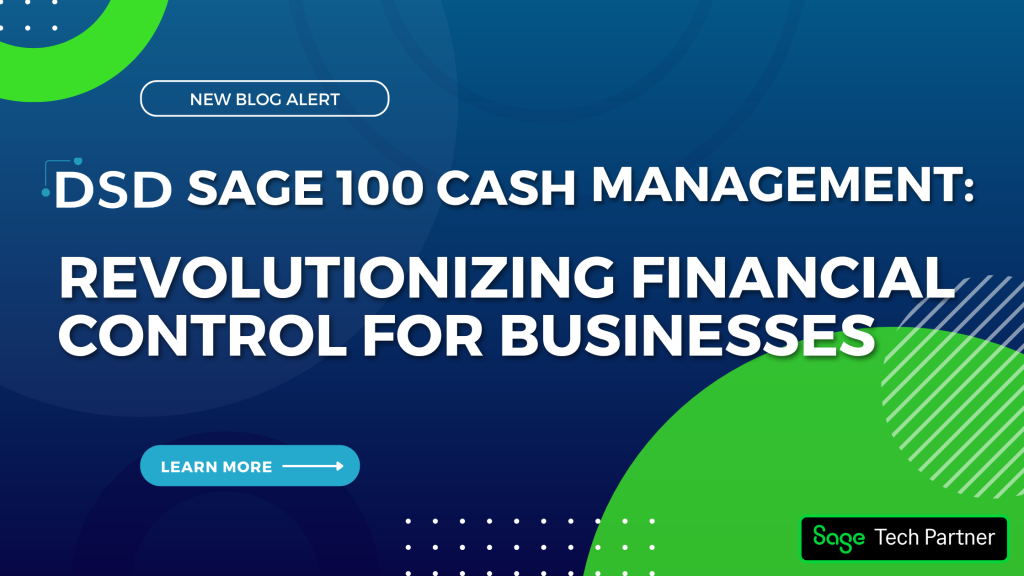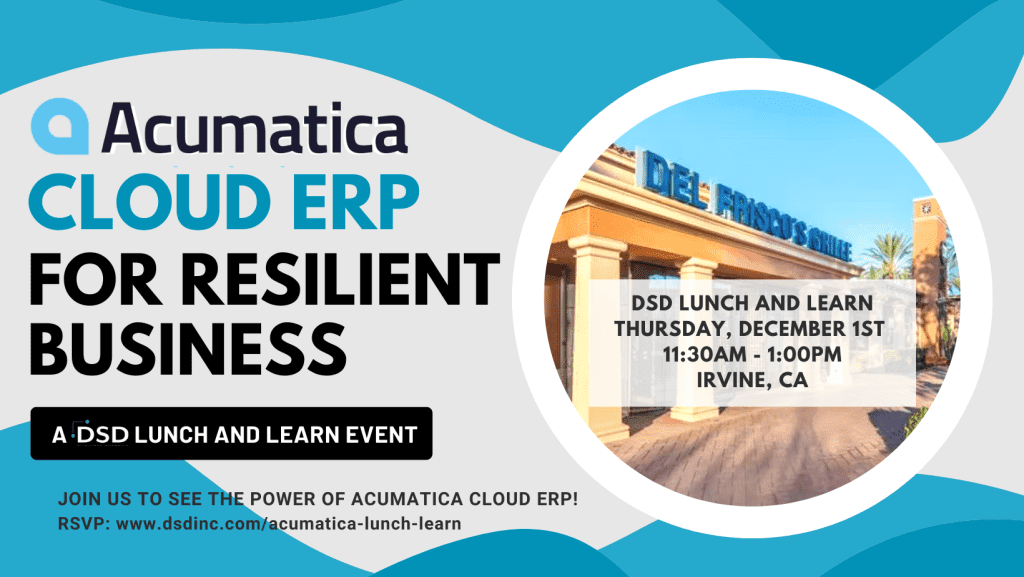4 Hidden Costs of NOT Investing in an ERP System

An Enterprise Resource Planning (ERP) system is the backbone of a business. In industries as diverse as banking and livestock management, these software systems manage inventory, track orders, manage production, monitor revenue, and even oversee staff through one integrated dashboard. Read on to learn why investing in an ERP is smartest thing a business can do.
While enterprise-scale companies are typically the most reliant on ERPs, even mid-size and small businesses can benefit from robust business management software. ERP systems represent a significant investment and the benefits are not always immediately apparent, however, which is why many businesses are hesitant to pull the trigger on implementation. Those that invest in an ERP find that cost reductions and enhancements to productivity are the happy end result.
But what about those companies that eventually decide their existing software solutions are sufficient? They may not have to shoulder the immediate cost of an ERP system but they ultimately do end up paying a price for their decision. Companies that are not investing in an ERP system will encounter these hidden costs.
1. Wasted Time
Keeping information organized and accessible is critical, and just because you have one or more database systems in place doesn’t mean that your operations are truly streamlined. Does your sales force use one system for orders while warehouse employees use another to track shipping – and the accounting staff uses a whole different system for payables and receivables?
Consider how much time you could save by getting these data sets in to a single system that could record, track, cross-reference, analyze, and report on different points. More importantly, this data is tied to processes (e.g., sales transactions are linked to accounting and inventory tracking) so data is recordded in real time. That’s the function of an ERP – to compile up-to-date information about every facet of your business from accounting and inventory to human resources and customer service so the people in your organization can make better decisions faster.
Remember, wasted time equals wasted money in almost all cases so as clichéd as it may sound, investing in an ERP can pay for itself. 
2. Lost Inventory
When inventory regularly goes missing, the temptation to over order is strong. The end result is surplus inventory that doesn’t reflect demand and sits unsold. Unfortunately lost inventory is a reality for many companies tracking inventory across multiple locations using multiple independent systems or worse, using staff to do manual stock checks.
Investing in an ERP lets companies reduce inventory strategically because not only does the system keep track of inventory, but also operation costs, inventory by location, serial numbers – even sizes, colors, and styles. It can reduce costs associated with inventory carrying system-wide and greater company-wide awareness of available product by 15%.
And the value goes beyond inventory management and reduction. Understanding aggregate inventory (from what it is to where it is) lets companies process large orders and rush orders without uncertainty.
3. Preventable Labor Costs
Do you know what your company’s busiest days are? Or which departments are the most efficient? How and how often do sales and the warehouse staff communicate? How about marketing and finance? Do different departments import and export data from program to program? Can you identify points where more than one person may be inputting the same data in multiple systems?
Chances are you don’t know the answers to some or all of these questions, and that’s not unusual. As a company begins to grow and there are more transactions being tracked, decreased productivity is often seen as an inevitable consequence of that growth. Business processes do become more time consuming when there’s a larger volume of data to input and analyze. But an ERP system improves communication internally and externally, with suppliers and customers, so departments can spend less time dealing with raw data and more time growing the business.
It’s not unusual for companies that have implemented an ERP system to report faster response times, enhanced customer service, streamlined workflows, less employee time wasted, and higher productivity.
4. Tax and Accounting Errors
You lose paper. Your company has outgrown QuickBooks. Every new piece of data manually inputted by an employee is another chance for an error to get on the books. And when a company is dealing with sales tax across state lines or international taxes, accounting can get tricky. One mistake and suddenly you’re dealing with the headache of an audit. Finding old records? Is a waste of time and manpower.
Having financial information from all areas of your business in a centralized business accounting software system is incredibly helpful at period-end closings and when tax season rolls around. ERPs put years of financial records at your fingertips while tracking every dollar the company earns and spends automatically in real time. Even better, the right financial management system can calculate tax on goods, tax configuration, and generate reports so you can retrieve accurate accounting statements whenever they are needed.
The bottom line is this…mistakes mean money lost so it’s only logical to do whatever is possible to avoid accounting errors.
Not investing in an ERP system results in hidden costs. There are less obvious effects as well, like ineffective customer service, late or cancelled deliveries, decreased manufacturing capacity, and waste in every area of a business. Any or all of these can become the downfall of a company that might otherwise have been wildly successful.
Investing in an ERP is Essential
An ERP is more than just bookkeeping software. Systems like Sage ERP or Acumatica’s solutions do represent a substantial investment in both time and money but when thoughtfully chosen and expertly implemented the benefits far outweigh the expense. So before any company decides that an ERP is too expensive or too complex for their needs, they should consider how not having a system in place will ultimately impact their growth potential.

Written by Kayley Bell, Chief Operating Officer at DSD Business Systems




